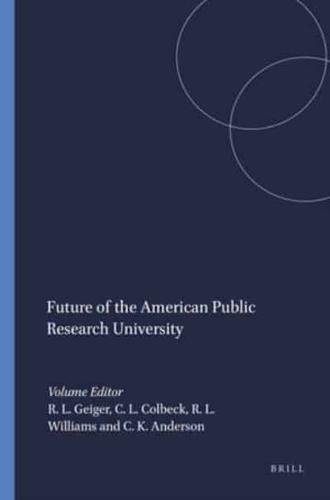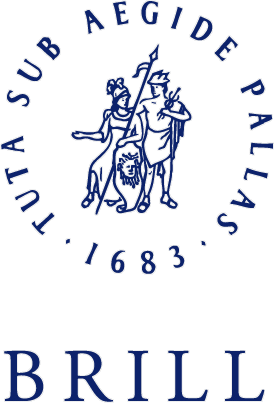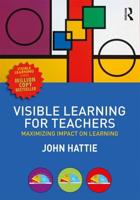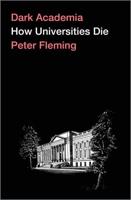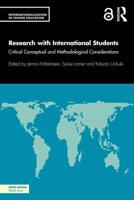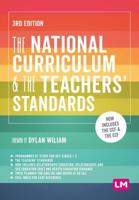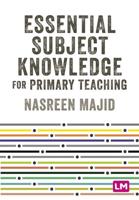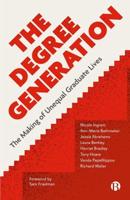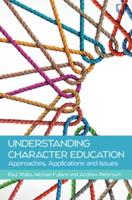Publisher's Synopsis
Public research universities are an integral part of American society. They play the leading role in educating future leaders in agriculture, engineering, the arts and sciences, humanities, business, education, and other professions. Public research universities generate the new products, processes, inventions, discoveries, insights, and interpretations that advance the human condition. The dominant centers of higher education in many states, public research universities are increasingly looked upon as major engines of economic development. And, through outreach, they harness their human and intellectual capital to serve their sponsoring societies. Yet state investment in public higher education is faltering and the role of public higher education is an area of ongoing debate. This flagging support, along with the growing perception that higher education is a private benefit rather than a public good, has put public research universities at a crossroads. With chapters by leading scholars, this book tackles these challenging issues—on learning resources; on competition; on the public and private benefits of public research universities; and on how best to create an environment for engaged learning. It brings into one collection informed arguments on the key issues facing the American public research university and serves as a valuable resource to students, scholars, and policy makers who are concerned about the future of these national assets.


